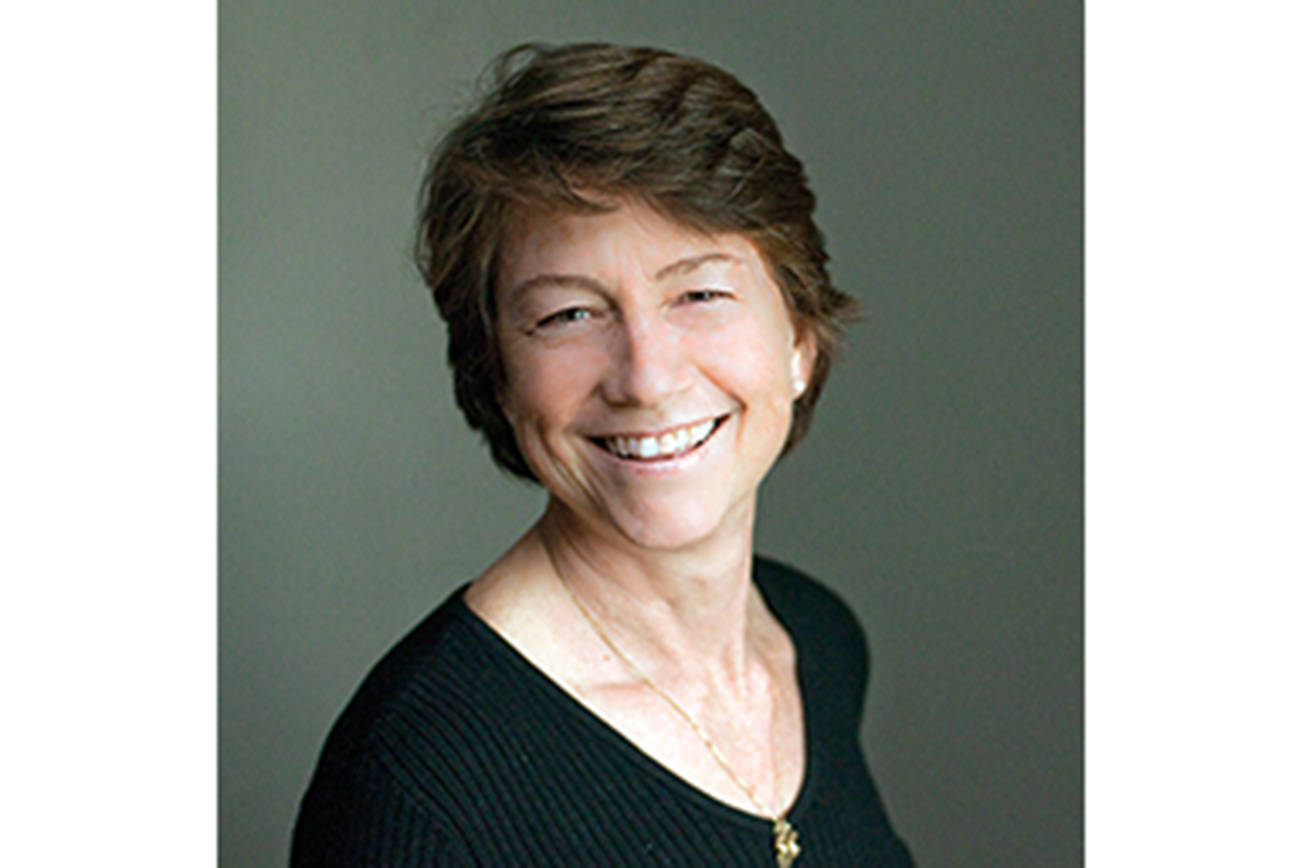By Cindy Goodwin
Special to the Reporter
Dear YFS,
My middle school aged daughter recently asked us to start calling her by a different name and says she now prefers male pronouns. I am not sure what this means, whether it is a phase and how I should best support her. Where can I turn for parenting help?
CK
Dear CK ,
It’s wonderful to hear that your approach is to support your gender exploring child and to find resources to parent effectively. This positive and open approach to your child’s request will help you both navigate her experience.
There could be several reasons for an adolescent to ask to be called a name opposite of his or her assigned gender. Some reasons indicate experimentation, while others are more indicative of an awareness or expression of an internal identity.
From an emotional perspective, the name might signify a desire to hold onto the equality and freedom (and some would say power) girls feel in pre-adolescence. As their bodies develop, some girls feel more restrictions to continuing the carefree running and playing of childhood. These physical changes might trigger a new sense of vulnerability and make a male persona seem appealing.
For other adolescents, taking the name more typical of the opposite sex could be marking an emerging gender identity. Today many young people are empowered to express their gender identity at ages much younger than past generations, even if they rub against cultural norms.
Try searching for information on “gender diversity” for helpful information on using the right language for conversations with your child because talking about this directly will be one of the most helpful and respectful ways forward.
A few tips: For the current generation of youth especially, gender is less often considered an “either-or” but rather a “both-and.” In other words, it is more of a fluid or non-binary construct. We find that gender diversity is something more and more youth are talking about when they come for counseling at Youth and Family Services.
The following terms might help with some of this language:
Gender identify speaks to a scale of “woman-ness” or “man-ness,” or how one defines their own gender based on alignment with what they perceive to be the options for gender.
Gender expression speaks to the scale of feminine or masculine, or the way one presents gender outwardly through actions, dress or demeanor and how those presentations are interpreted based on gender norms.
Biological sex is spoken of in terms of a scale of “female-ness” and “male-ness” and is considered the physical sex characteristics one is born with, including genitalia, body shape, hormones and chromosomes.
You can also ask your child about differences in attraction. To what degree might one be sexually or romantically attracted to nobody, women/females/femininity, or men/males/masculinity?
With greater social acceptance for gender diversity and expression, today’s youth are more comfortable talking about their internal lives. This trend bodes well for their emotional, psychological and social health. In fact, a 2018 study from the University of Texas at Austin finds that using chosen names reduces odds of depression and suicide in transgender youth.
Knowing what it means for your daughter to take on a male name will help you understand how to be an effective parent at this time in your child’s life. Fortunately, the King County area has many resources for information, support and guidance.
My best to you and your daughter in this process.
www.seattlechildrens.org Transgender and Gender-Diverse Children Support Groups hosted at Seattle Children’s Hospital.
www.genderdiversity.org Gender Diversity, Education and Support Services: family support for parents and guardians of gender-diverse and trans and gender-diverse children.
www.parents-together.org ParentsTogether is a site that fosters connection and conversations; some of these conversations are related to gender identity and kids.
Cindy Goodwin is the director of Mercer Island Youth and Family Services. The advice offered by YFS is intended for informational purposes only and to guide you in seeking further resources if needed. The answers to questions are not intended to replace or substitute for any professional, psychological, financial, medical, legal or other professional advice. If you have a question you would like to ask Cindy to answer in this column, or if you need additional professional resources, email miyfs@mercergov.org.




